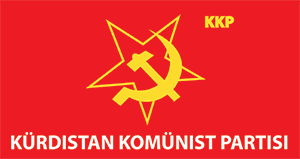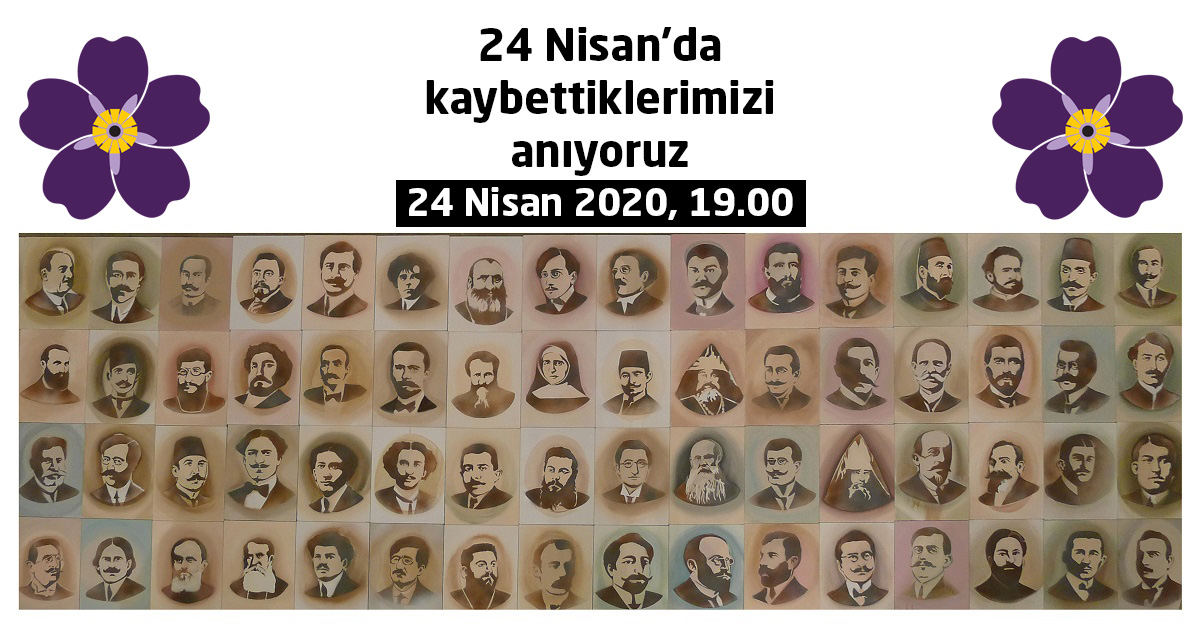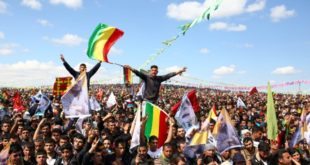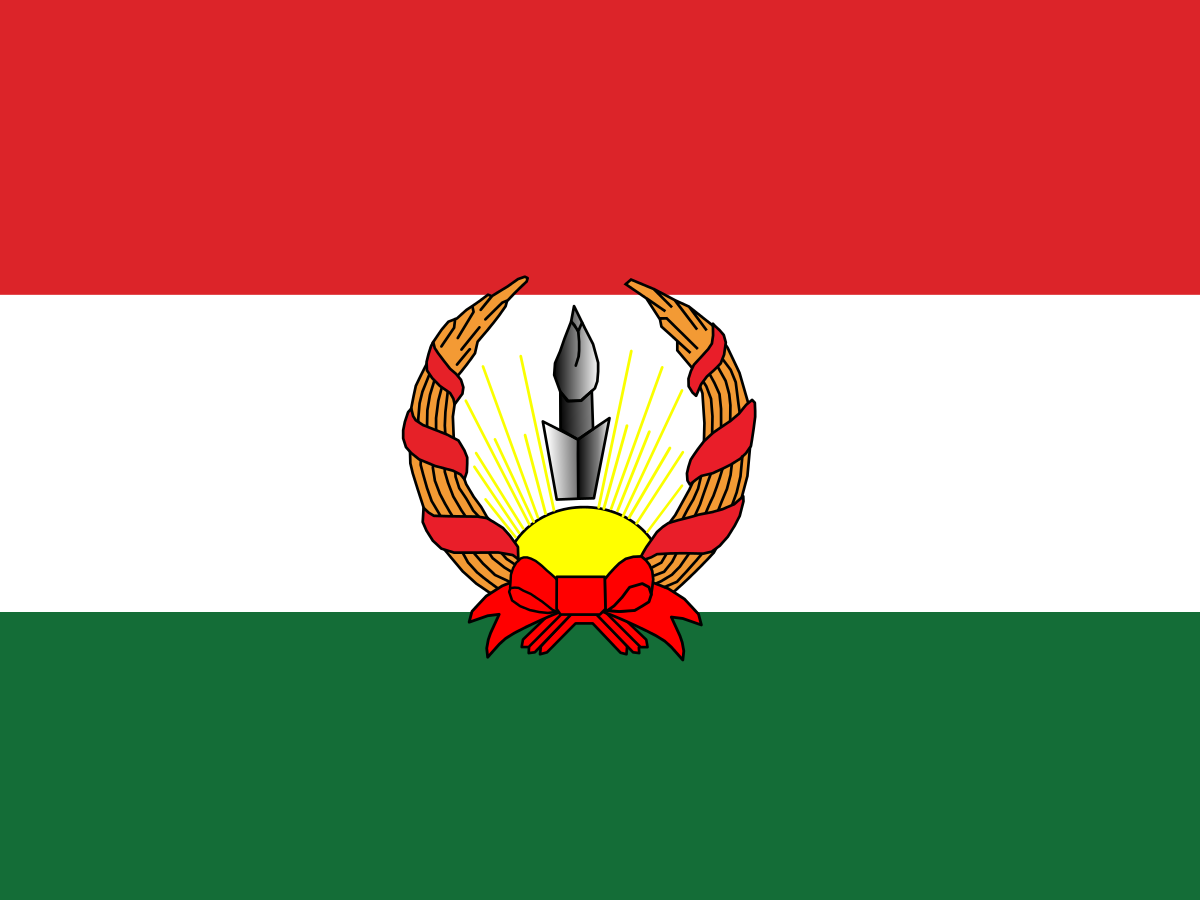Betraying the Kurds again?
U.S. plan to send 10,000 Turkish troops to Iraq has Kurdish leaders outraged — and analysts of all stripes incredulous at its folly.
Salon.com
By Michelle Goldberg
Oct. 14, 2003
America has rarely lost an opportunity to betray the Iraqi Kurds, but this time was supposed to be different. Their suffering under Saddam Hussein served as one of the war’s justifications, and in the war’s aftermath they’ve been America’s most grateful and enthusiastic allies in an otherwise restive region. After selling them out in the ’70s, ’80s and ’90s, the United States owed the Kurds justice, and it was finally going to make things right.
It didn’t take long, though, for other American interests to take priority. Thus despite protests from Hoshyar Zebari, Iraq’s Kurdish foreign minister — indeed, despite the increasingly ardent objections of the Iraqi Governing Council and the Iraqi Kurdish leadership — the United States plans to bring 10,000 troops from Turkey into Iraq.
The Turks are an implacable enemy of the Kurds. They have viciously repressed their own Kurdish population and oppose the Iraqi Kurds’ ambitions for autonomy. The two sides are already threatening each other — in the Arabic newspaper al-Sharq al-Awsat, members of the Peshmerga, or Kurdish militia, were quoted saying they’d attack the Turks. On Monday the Turks warned that if they were attacked, they’d fight back.
So besides alienating the Kurds, the Turkish deployment seems likely to bring new instability to northern Iraq, the country’s most peaceful region. In the last few days, Kurdish leaders have been traveling to cities worldwide to make the case against Turkish troops. But with the American military stretched thin, an election year approaching and critics on both left and right clamoring to internationalize the occupation and bring U.S. troops home, the Kurds find themselves, as they so often do, an inconvenient people lacking leverage among the powerful.
“Calling in Turkish troops for sheer political expediency with an election looming is nothing short of a betrayal of the Kurds,” says Ralph Peters, a retired Army intelligence officer and author of the new book “Beyond Baghdad: Postmodern War and Peace.” Peters is an Iraq hawk and a fierce critic of those who see only failure and quagmire there, but now he says, “We’re making a mockery of many of our promises to the Iraqi people by shoving the Turks down their throats. It’s shameful and outrageous and unworthy of our country.”
Peters, a columnist for the right-wing New York Post, finds himself in the unusual position of being in agreement with longtime leftist Clare Short, Tony Blair’s former secretary of international development. Even as she traveled to Washington to argue that the occupation needs to be internationalized, she told Salon last week, “It’s better not to have Turkish troops there, because there’s too much complex politics and history. It’s a further destabilizing development.”
With virtual unanimity, analysts, scholars and veterans from across the political spectrum say that, moral issues aside, introducing Turkish soldiers into an already volatile ethnic and sectarian situation is counterproductive. “The decision is a very bad one, for Turkey and for Washington,” says Graham Fuller, former vice chairman of the National Intelligence Council at the CIA during the Reagan administration and author of “The Future of Political Islam.” Fuller, like many others, believes Turkish troops will further fracture the region, causing tensions in the north, spurring other neighboring governments,
especially Iran, to step up their involvement in Iraq, and, if things go wrong, potentially weakening America’s important strategic relationship with Turkey.
“Iran will see this as an effort by Turkey to create a foothold in Iraq,” he says, and will be likely to send more of its own proxies into the country. He also dismisses the American hope that shared religion will lead to Turkish rapport with the Iraqis in the fractious Sunni triangle. “My sense is that Turkey will be treated as the functional equivalent of Americans,” he says. “This business of being fellow Muslims will have no relevance. Indeed, you could argue that Turkey has baggage from being a former colonial power.”
“I see very little positive about this, except maybe they can send 10,000 American troops home as a result,” says Fuller.
For most politicians, Democrat and Republican, that’s enough. There’s simply no domestic upside to opposing the Turkish deployment. Bush partisans hope that bringing in troops from a Muslim country will add a bit more legitimacy to the occupation while easing the pressure on American troops. Bush’s opponents, who have called for the U.S. to get other countries involved in Iraq’s rebuilding, aren’t in a position to object.
“What politician can stand up and say we need to keep 12,000 reservists in Iraq?” asks Juan Cole, a professor of Middle Eastern history at the University of Michigan. “These are guys with small businesses, mortgages that they’re not able to make their payments on. They vote, they give money to political campaigns — it’s very hard for a U.S. politician to try to keep the Turks out and continue to Shanghai these poor reservists.”
But critics like Peters argue that it’s a shortsighted, politically expedient fix that will backfire. “It’s going to make the security situation in Iraq worse,” he says. “The only thing we get out of it is the chance to bring back a few American troops, but we wind up sacrificing all that those troops have gained. This is an act of electioneering folly. I’ve supported President Bush all through the war, the buildup and the aftermath, but I just find this despicable and foolish.”
Despicable, perhaps, but not very surprising, given the Kurds’ unhappy history. “The Kurds have been like Charlie Brown and Lucy and the football, with America playing Lucy,” says Cole. “America always pulls the ball out at the last minute, and the Kurds land on their backs.” They’ve been sold out so many times that in 1979 exiled Iraqi Kurdish leader Mustafa Barzani asked in despair, “Have the Kurdish people committed such crimes that every nation in the world should be against them?”
The world’s largest population of stateless people, the Kurds, who currently number around 25 million, were denied their promised independence by the British and French officials who cavalierly redrew the map of the Middle East after World War I. Instead, they were shunted into Turkey, Iraq, Iran and Syria, all of whom have regarded them as a threat to their national identity and have oppressed them to various degrees.
The Kurds’ friendlessness has made them easy for the U.S. to use and abandon. In the early 1970s, anti-Saddam Iraqi Kurdish insurgents were supported by Iran, Israel and the CIA. In 1975, though, the Shah, an American client, reached an accommodation with Saddam, and thus aid to the Kurds was cut off. Saddam proceeded to deport tens of thousands of Kurds from northern Iraq in an attempt to Arabize it. “Once they were dropped, they had no defenses, and the Baath came in and mopped them up,” says Cole. As America’s erstwhile allies were ethnically cleansed, Henry Kissinger sneered, “Covert action should not be confused with missionary work.”
In the 1980s, while Saddam gassed the Kurds — the genocide that was often invoked as a rationale for the current war — the Reagan administration, which had embraced Saddam’s regime because it feared the Ayatollah’s Iran more, fought efforts to impose sanctions. In her 2002 book “A Problem From Hell: America in the Age of Genocide,” Samantha Power quoted an internal administration memorandum, “Human rights and chemical weapons use aside, in many respects our political and economic interests run parallel with those of Iraq.”
That changed when Iraq invaded Kuwait in 1990. Following Saddam’s defeat in the first Gulf War, the Kurds, like the Iraqi Shia, heeded the first President Bush’s call to rise up and overthrow their dictator. But the support they expected from the Bush administration never came, and Saddam, under the terms of the war’s cease-fire, was permitted to use helicopter gunships against the rebels. Once again, Kurds were slaughtered, and up to 2 million of them fled into the mountains.
Footage of those refugees finally spurred America and Britain to act, and soon they established no-fly zones in northern and southern Iraq, halting the butchery and allowing the Kurds to return to their homes. Under that military umbrella, the Kurds have created a remarkable civil society in Iraqi Kurdistan.
In the recent Gulf war, the Kurds were America’s best friends in Iraq. The Peshmerga, or Kurdish militia, fought the Baath in the north, and the jubilant Kurdish crowds celebrating Saddam’s fall provided some of the war’s most triumphant scenes.
“The Kurds truly feel liberated by the United States,” says Mike Amitay, executive director of the Washington Kurdish Institute. “The Kurds, since the end of the Gulf War, have acknowledged that their very survival and the progress they’ve made is a direct result of U.S. protection. Of all of the people in Iraq who were subjected to Saddam Hussein’s cruelty, the Kurds more than anyone have welcomed the U.S. with open arms. It would be absolutely tragic if this goodwill was wasted.”
Almost everyone agrees that the Kurds aren’t going to turn on the Americans. The danger is that they might turn away from them. “The Kurds wouldn’t turn on U.S. forces; they’d just withdraw their support,” says Peters. “The Kurds in Baghdad would be so suspicious of any move America makes. You would see the Kurds trying to build up more armaments in case they had to fight the Turks. It would just create an atmosphere and mentality you don’t need.”
Just how bad the friction becomes depends in part on the details of the Turkish deployment. The Turks want their soldiers deployed just south of Iraqi Kurdistan, while the Americans are pushing to have them stationed west of Baghdad, in the heart of the violence-wracked “Sunni triangle.” There is also debate about how free a hand the Turks will have to go after members of the PKK, a Turkish Kurd guerrilla force thought to have several thousand members in Iraqi Kurdistan. Although the PKK doesn’t have good relations with either of the leading Iraqi Kurdish parties, most experts say that ordinary Kurds will be incensed if the Turks hunt fellow Kurds on their territory.
To judge by its rhetoric, Turkey doesn’t intend to stay out of Kurdish affairs. It’s selling its involvement to its own reluctant people as a way to keep the Kurds in check and to protect Iraq’s Turkoman minority, who live in Iraq’s north and who are ethnically related to the Turks. (It is also widely believed in Turkey, and elsewhere, that the Turkish troop commitment is repayment for a U.S. loan of $8.5 billion — part of the delicate line Turkey must walk between enraging its people, who overwhelmingly opposed the U.S. invasion, and harming relations with the U.S., which has propped up its staggering economy.)
“What the Kurds fear most is that Turkish troops will be stationed just south of the autonomous region,” says Amitay. “Turkey’s prime minister told the Parliament that Turkish troops were needed in Iraq to prevent the establishment of any Kurdish autonomous entity. The thinking is that things are going poorly in Iraq and the instability could lead to civil war and a declaration of Kurdish autonomy, which is something Turkey has rejected strenuously. If that happened, Turkey would be in a position to move in troops from north and south to quash any Kurdish move toward independence.”
It’s not just full Kurdish independence that the Turks want to prevent, though. They’re against any kind of ethnic nationalism that might inspire their own oppressed Kurds. “The Turks have been very outspoken that not only should you not have a federal system, but you should not have any program to help any minority,” says Jim Prince, president of the Democracy Council, a non-governmental organization that promotes democracy in developing countries.
Prince, who worked in Kurdistan throughout the 1990s, says, “The Turks’ main objective is keeping the country ruled from Baghdad rather than giving any of the minorities disproportionate power.” By coming to America’s aid in Iraq now, he says, the Turks hope to have a say about the structure of the new Iraqi state.
Of course, that’s months away. The real problems might start much sooner. After all, wherever the troops are stationed, it’s likely that the Turks will have to create a land corridor through Kurdistan. On Monday, the BBC reported that Americans were unfazed by Kurdish objections to having Turkish troops travel through their territory, quoting an American general who said, “The United States, which is the authority in Iraq, does not have reservations on the issue.”
Having such fierce enemies in such close proximity creates all sorts of risks, say many observers. Henri Barkey, a former member of the State Department’s policy planning staff on Turkey and Iraq who now chairs the International Relations Department at Lehigh University, says there are several groups who might try to ignite a fight.
“Imagine if suddenly you had serious clashes between Turkomen and Kurds, provoked by hotheads, agent provocateurs, even provoked by al-Qaida. What will the Turkish military do?” he asks. “If they do nothing, it will put the Turkish government under tremendous pressure at home. You have the potential for conflagration between Kurds and Turkomen or Kurds and Turks, not to mention some Kurdish hothead taking potshots at the Turkish military.”
That’s why many say it’s not just America’s relationship with the Kurds that would be jeopardized by a Turkish deployment. America’s relationship with Turkey, already damaged by Turkey’s refusal to allow U.S. forces to use its territory to invade Iraq despite a massive bribe, could be further weakened. “If it ends up in serious internal conflict between Turkish troops and Iraqi Kurds, the United States will then be caught in the middle of this, and that makes Iraq all the more complex,” Fuller says.
Still, these scenarios are theoretical. What’s assured is that, by bringing Turkish troops in, America will be spurning its allies within Iraq and demonstrating the impotence of the Iraqi Governing Council. “Members of the Iraqi Governing Council, they don’t want Turkish troops; they know how divisive it would be,” says Peters. “What’s our response? Washington tells the IGC, who we’re touting as representatives of the Iraqi people, to shut up.”
The irony here is that the United States has pressured the rest of the world to recognize the Iraqi Governing Council’s legitimacy, and now the Governing Council is asking the rest of the world to support it against the United States. On Sunday, Massoud Barzani, a Kurdish leader and member of the governing council, asked the Arab League to oppose America’s attempt to bring in Turkish troops. That same day, Zebari held a press conference in London to say that Iraq’s “governing council does not want any of Iraq’s immediate neighbors to take part in peacekeeping missions.”
“Look at the contradiction here,” says Barkey. “The Iraqis now have an interim foreign minister who’s a Kurd, who’s attending the Arab League meeting in Cairo. He’s there to represent Iraq, and we say he has full power. Some Arab countries did not want to even accept him. We put pressure on them. And then we say what these guys think is not important, we’re going to decide who comes in” to Iraq.
For once, then, Iraqi people really are asking for protection from America’s blundering dominion. This time, though, no one’s marching for them. “This is an issue the left and right should unite on,” says Peters. “The left should be against Turkish troops going to Iraq because of Turkey’s appalling record of human rights abuses against the Kurds, and the right should be against it because it threatens to undo the very real gains we’ve made in Iraq.”
Instead, the left and right are united in silence. “I’m appalled that there’s not more attention paid to this,” says Peters. It might be naive, though, to expect otherwise. Once again, the old Kurdish saying is born out: They really have no friends but the mountains.
 Partiya Komuniste Kurdistan KKP partiya komuniste kurdistan
Partiya Komuniste Kurdistan KKP partiya komuniste kurdistan



